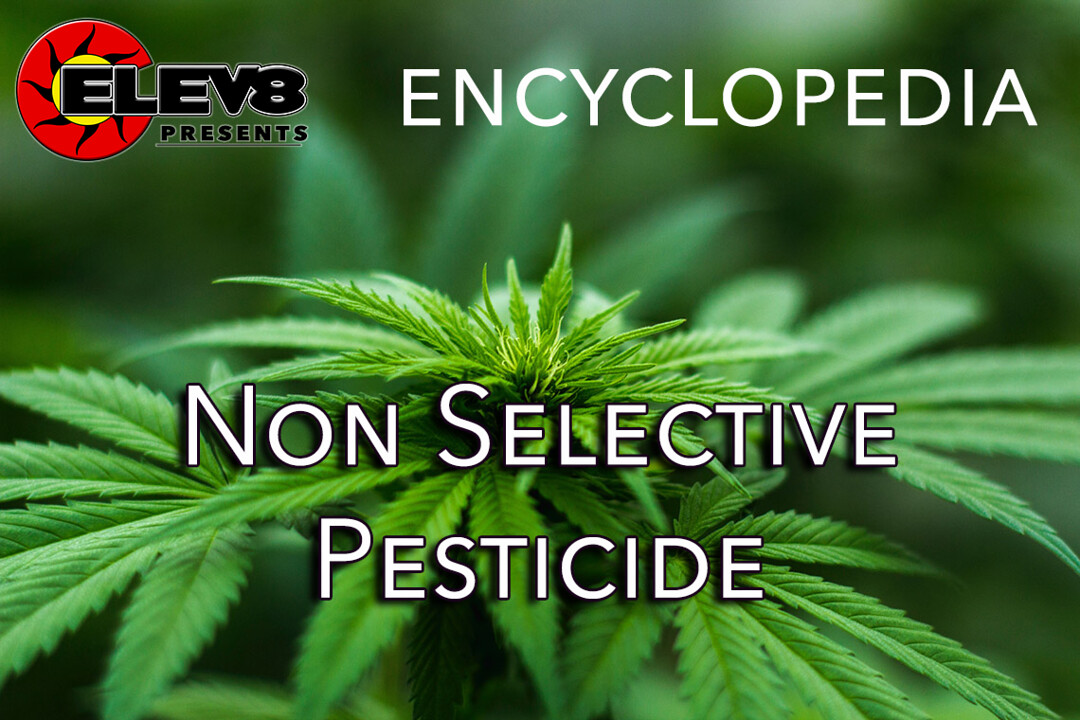What does Non Selective Pesticide mean?
Non-selective pesticides are a type of pesticide that kill a broad range of pests and/or weeds. Also known as broad-spectrum pesticides, non-selective pesticides are usually applied to control weeds and are most commonly used in reference to herbicides (chemical substances used to control unwanted plants).
Such pesticides not only attack the target weeds or pests but also have negative effects on a wider range of organisms, even those that are desirable species.
More on Non Selective Pesticide
Some examples of broad-spectrum pesticides include organophosphate, carbamate, acetamiprid, pyrethroid, and neonicotinoid insecticides. Some pesticides such as diatomaceous earth, which are commonly classified as natural, also act in a non-selective manner.
Due to their extensive effects, non-selective pesticides are best used to eradicate large amounts of unwanted growth or serious insect and pest infestations. Non-selective pesticides are highly effective in dealing with infestations of numerous species at one time. Most commonly, such pesticides are used to clear industrial sites, waste ground, railways, or railway embankments.
There are two types of non-selective pesticides: residual and non-residual. Residual non-selective pesticides remain at the application site for a longer period, and while they are effective in attacking a wider range of plant or insect species, they will likely harm beneficial animals and plants in the process. Non-residual non-selective pesticides do not have these lingering effects.







